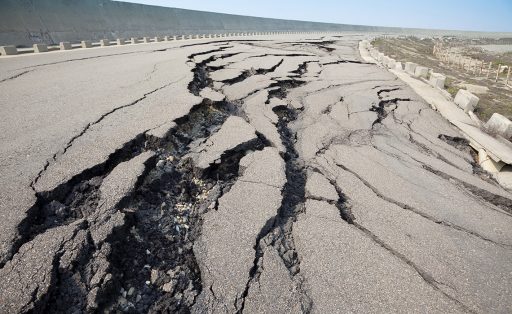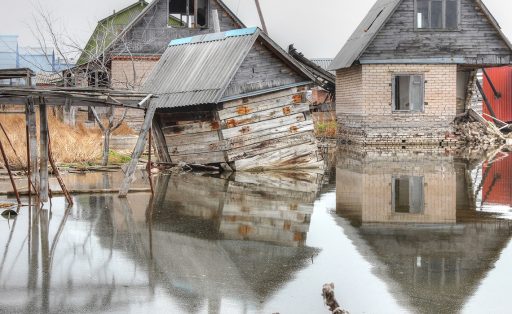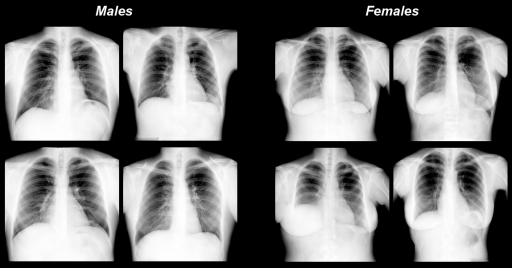With an increasing number of researchers working with 5G, there is a growing demand for test facilities outside of a restricted laboratory setting. The EUWireless project is now offering users a complete “telecommunication infrastructure” at his or her disposal.
According to experts, the world needs Data Stewards. Estimates say, that in Europe alone 500.000 will be needed over the coming years. Research & education networks are contributing to make that happen.
The EOSC-hub project is establishing a single contact point for European researchers to access and use resources for advanced data-driven research in fields such as seismology.
From ancient times to the present, strong and catastrophic quakes have caused tremendous destruction in the territory of Azerbaijan. High-speed Internet is essential in order to process information about earthquakes.
A Moldovan scientist is improving his country’s preparedness for environmental disasters.
Access to high performance computing is enabling researchers to harness the power of deep learning and artificial imaging for medical diagnosis and treatment.
By using sophisticated Big Data based geospatial software researchers have revealed a remarkable development: Between 2000 and 2015, housing with improved water and sanitation, sufficient living area and durable construction has doubled in sub-Saharan Africa.
The Finnish News Agency STT has made 2.7 million news articles available for researchers developing new language technology using machine learning and artificial intelligence.
Universities, tech companies and museums are joining forces in the CollectionCare project to develop digital conservation technology to better monitor the condition of their collections.
Highly networked planetariums are using “domecasting” — live broadcasting a planetarium show to audiences at other planetariums — to share the latest cosmic discoveries.
eduroam is turned on in Cape Town’s public libraries, providing wireless roaming services and free Internet access to the research and education community globally.
Important research being carried out at Luxembourg Centre for Systems Biomedicine (LCSB) on Parkinson’s Disease is having a global impact supported by RESTENA, Luxembourg’s NREN.













